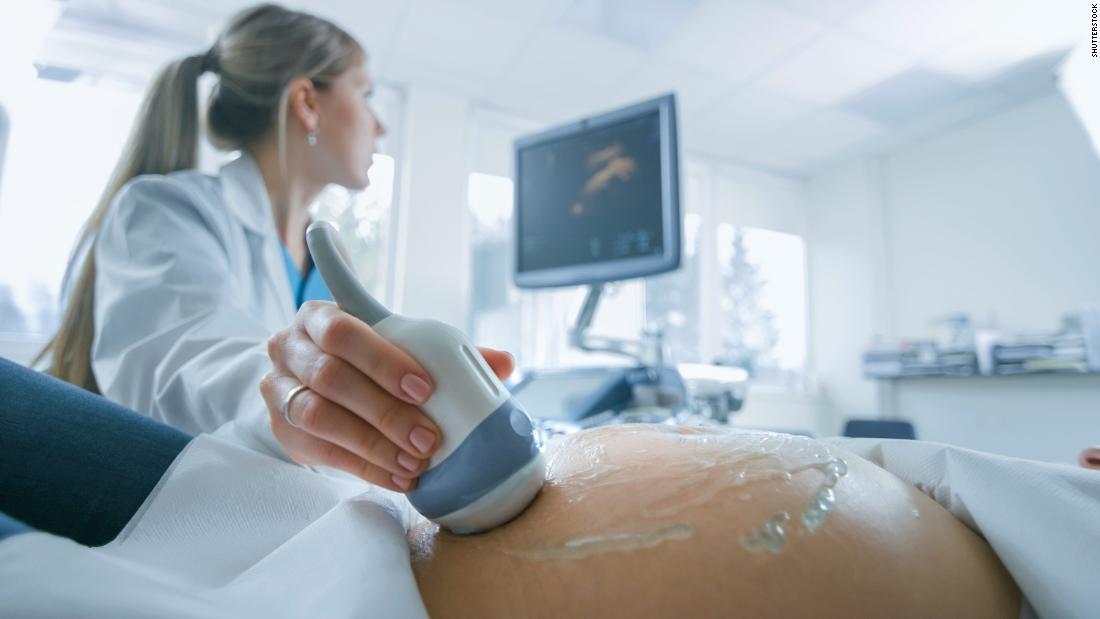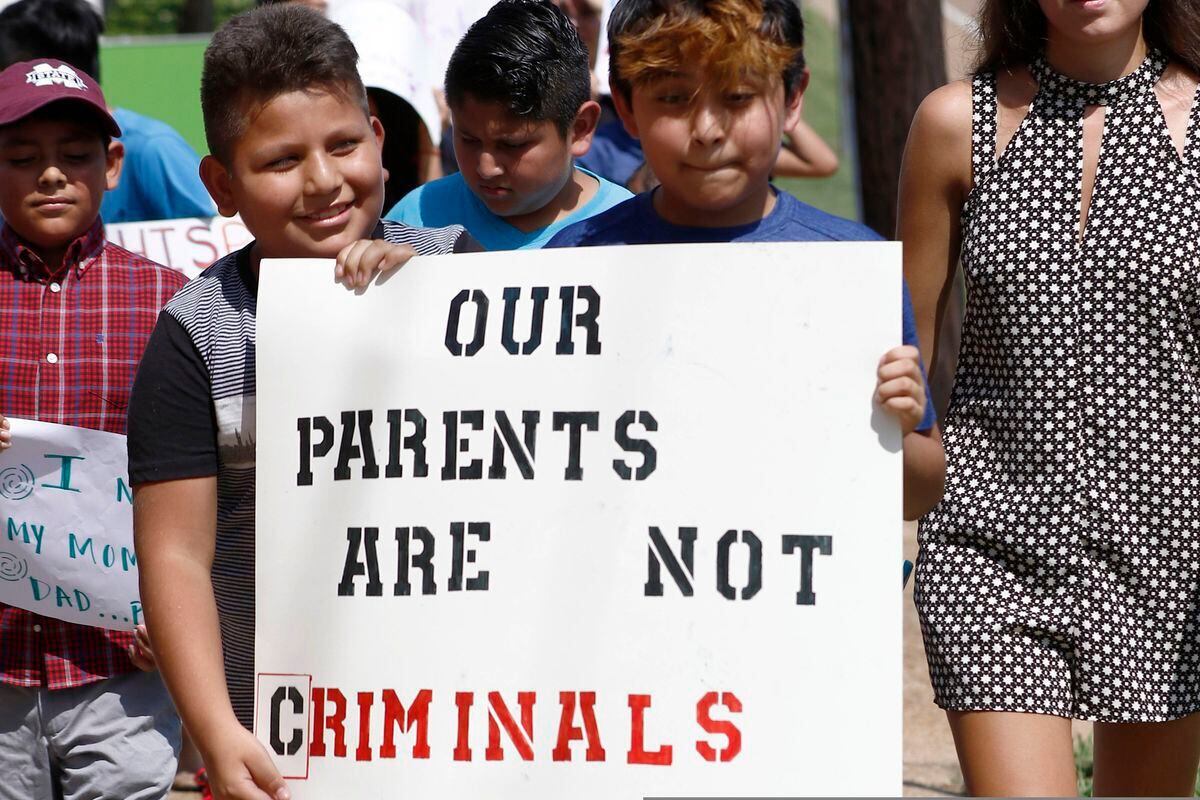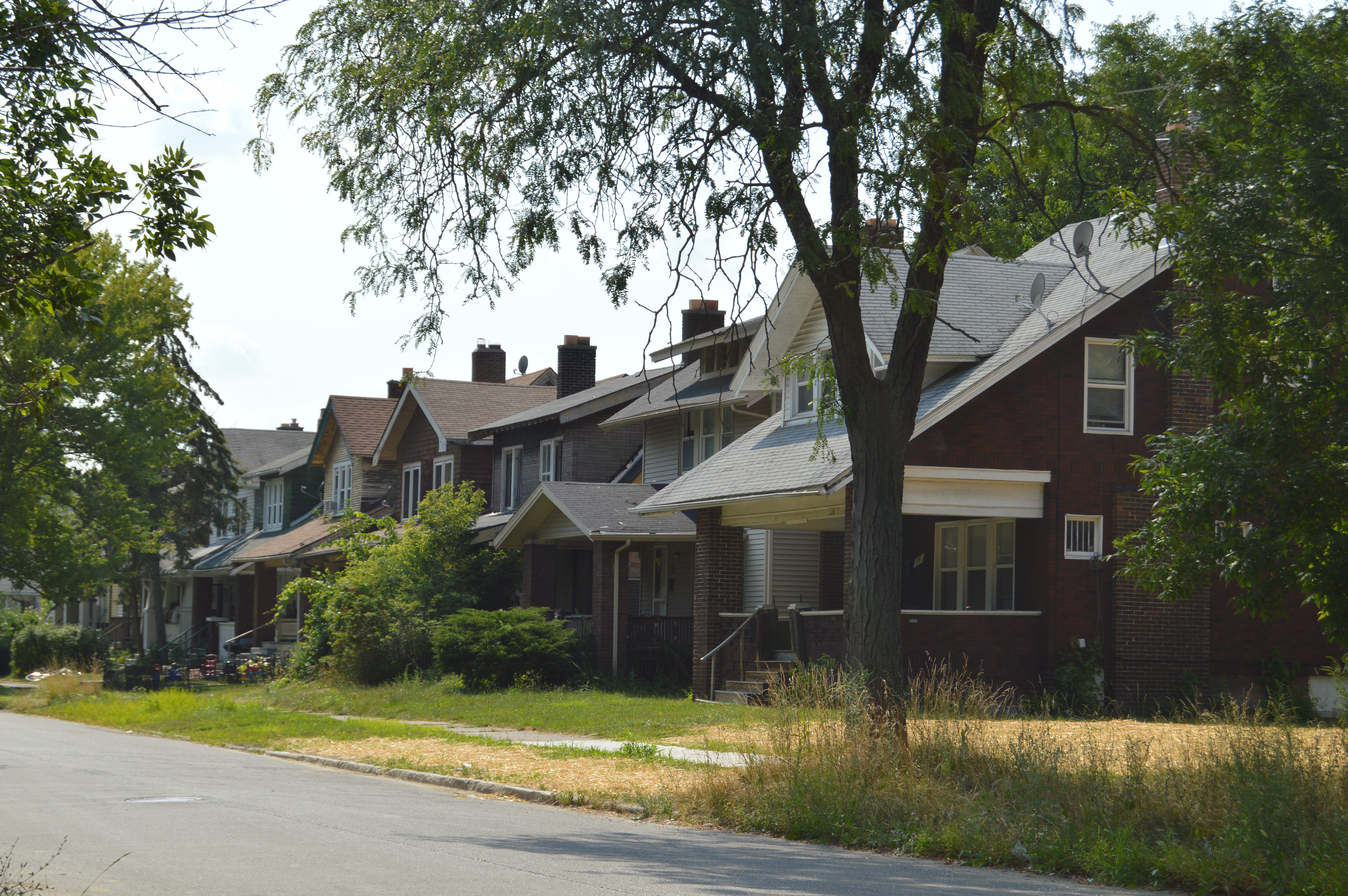State has wasted time and money on “ill-advised” work requirements for Healthy Michigan program, says Robert Gordon, head of the Michigan Department of Health and Human Services.
A major part of the Affordable Care Act — the expansion of the Medicaid program — may be linked to lower rates of women dying in pregnancy, childbirth or about six weeks postpartum, according to a new study.
A sick day? Remote work? Not so easy if your job is at a restaurant, a day care center or a construction site.
The Trump administration’s proposed changes to assistance programs could raise the federal poverty level and make it harder to be considered poor.
A bookkeeping change at the department will cut thousands of dollars in aid to some of the poorest, most isolated schools in the country.
“Clearly, more needs to be done,” said Devinder Malhotra, chancellor for the Minnesota State higher-education system, who called the findings “eye-opening.”
Legal immigrants are giving up their food stamps for fear of being targeted and kicked out of the country.
“The narrative that we’re hoping to share with America is that this is a uniquely American community that was created by American forces, and that this is our call for our country to also be responsive and responsible,” one nonprofit director said.
Lacking housing means reduced stability for returning citizens, and a lack of stability contributes to many people returning to actions that got them in prison in the first place.
Nine in 10 local housing authorities say they’re doing well at helping the poor find housing in nice areas. But those who use Section 8 vouchers say the process is “hell.”









